When times get tough, and struggle manifests on the streets, nothing solidifies the people’s sense of injustice like a protest song. Before the advent of modern music, it was often said that the way to start a revolution was to write an opera. Though the format has changed in the ensuing centuries, the use of song to facilitate change and express anger remains one of the most potent forms of protest. While many protest songs have been written, some capture a time and place so palpably, that they become the most popular protest songs in history.
While good protest songs usually focus on a specific movement or moment like a riot or an unconscionable murder, the best protest songs use a pointed situation to speak larger truths to power. In turn, these little moments extrapolate to injustice at large and the peoples’ discontent at them. In this article, we will explore 15 of the most popular protest songs in history. Some are sad, others angry, but all of them use anger, struggle, and frustration to create lasting works of art.
To compile a list of the most popular protest songs in history, 24/7 Tempo consulted a range of entertainment and musical publications including UDiscoverMusic, Rolling Stone Magazine, and Paste Magazine. Next, we selected songs that captured the protest spirit of their time. After that, we confirmed aspects of the songs’ providences and history using sites like PBS.org and The Library of Congress. (For situations that inspired many of these songs, discover the most impactful protests of the 21st century.)
Billie Holiday – Strange Fruit
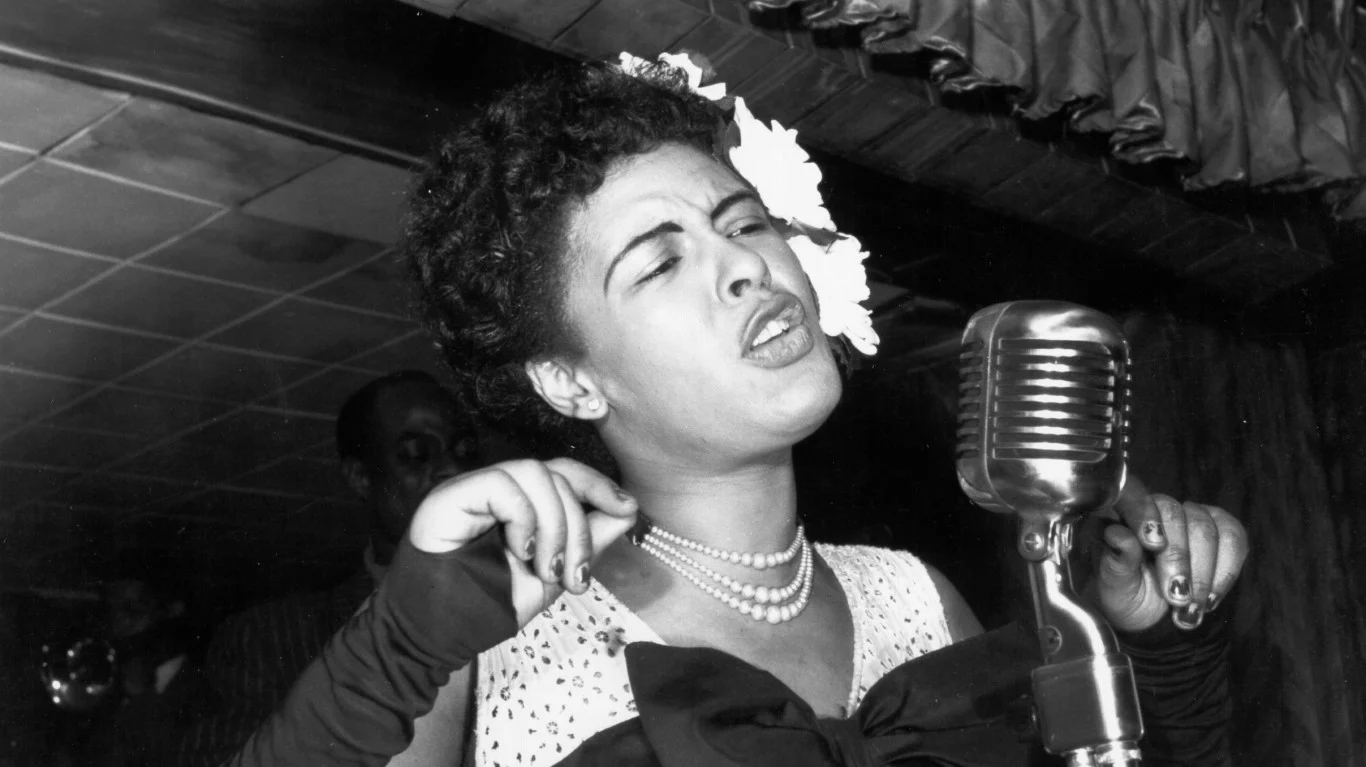
One of the most popular protest songs in history is “Strange Fruit” by Billie Holiday. Originally written in 1937 by a white, Jewish teacher named Abel Meeropol, the poem captured the stark, harrowing contrasts of natural Southern beauty and the sheer violence perpetrated by African Americans in the same region. Employing sharp, blunt language, the poem sought to shock readers.
When singer Billie Holiday began singing a musical version of the poem two years later, she feared backlash. However, the song became an instant hit. On request, Holiday would only sing the song to round out her sets, after the bar staff stopped making their rounds, and the lights of the club darkened. She took it to her record label Columbia, however, they also feared retaliation. Fortunately, Commodore Records stepped in and released “Strange Fruit.” A smart move, as the song went on to sell over a million copies. Even to modern ears, it vividly captures the cruel chapter in the history of the United States.
Woody Guthrie – This Land Is Your Land
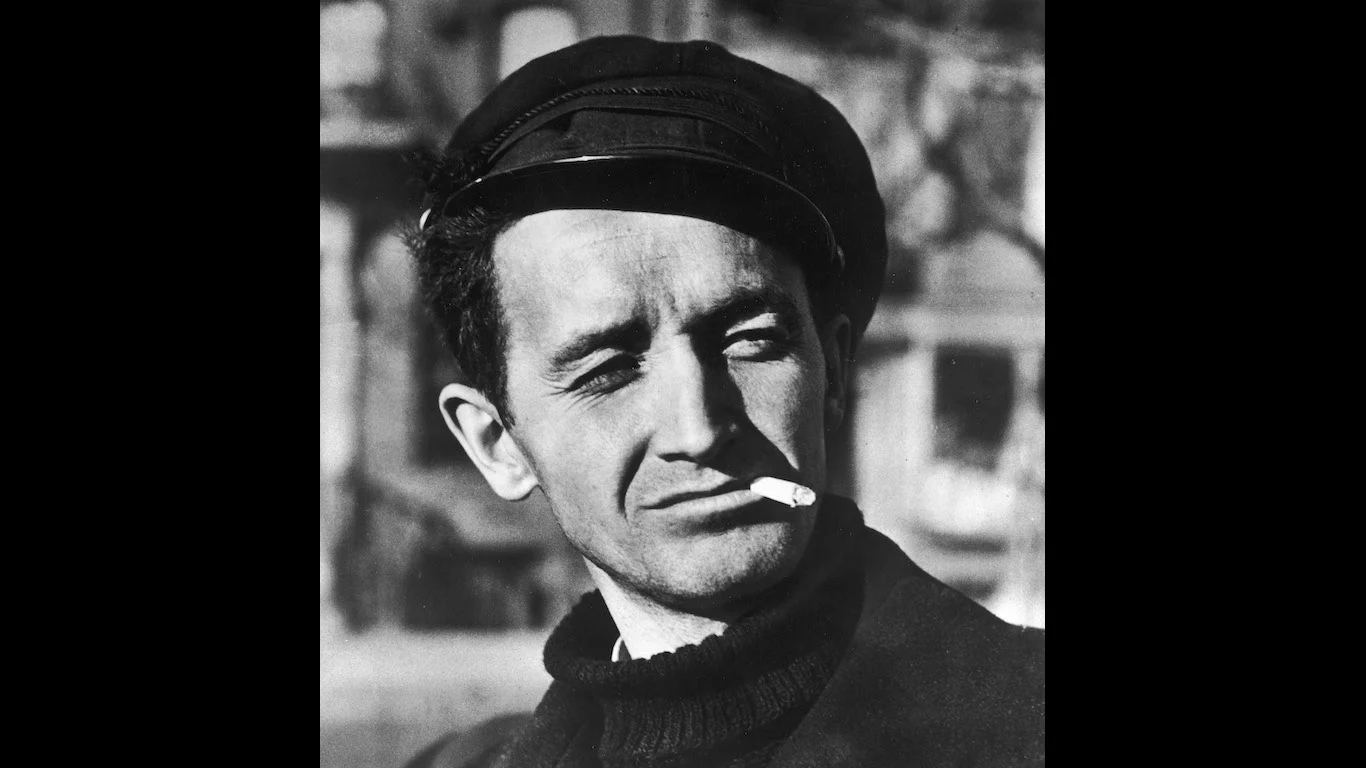
Though people remember him more as a country music, singer-songwriter wunderkind, Woody Guthrie was about as radical as they come. His 1944 song, “This Land Is Your Land,” perfectly captures its artist’s rebellious, progressive heart. Having grown disillusioned with oft-played Irving Berlin’s “God Bless America,” Guthrie sought to return fire, pointing out the severe problems that faced American society.
While the song illustrated the natural beauty of the United States, it also pointed out deep problems with poverty and inequality. What’s more, it questioned the very idea of private property ownership. As time went on, however, Guthrie changed the title from “God Blessed America for Me” to “This Land Is Your Land” and omitted the most politically radical verse. Whatever his intentions, Guthrie’s song slowly transformed into a patriotic anthem, still sung in schools, at charity benefits, and political rallies. Nowadays, people see it as a staple of the Patriotic songbook, though parts of the song and its protest against aspects of American society still ring true.
Sam Cooke – A Change Is Gonna Come
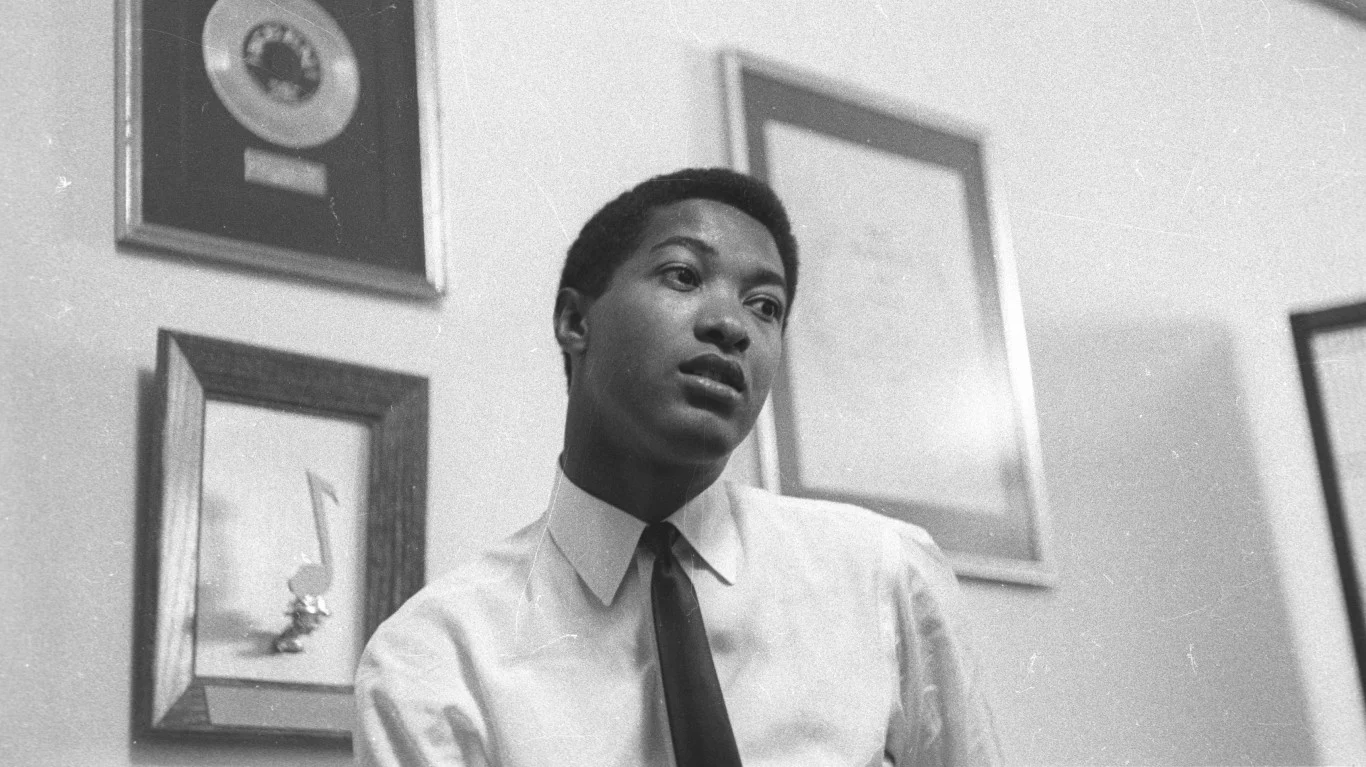
Another one of the most popular protest songs in history is “A Change Is Gonna Come” by Sam Cooke. Already a well-established soul crooner, Cooke had previously refrained from commenting on the burgeoning civil rights movement. After a Whites-only hotel in Lousiana turned away Cooke and his band from lodgings, however, he penned the beautiful, tragic “A Change Is Gonna Come.”
Inspired by both Bob Dylan’s “Blowing in the Wind” and Dr. Martin Luther King’s “I Have a Dream” speech, “A Change Is Gonna Come” captures the yearning for equality that African Americans faced. Furthermore, it might be the most beautiful protest song ever written. Despite later becoming one of Cooke’s most important records, his opinion on it remained bittersweet. He only played it live once and eschewed his manager’s efforts to turn it into a single. Nevertheless, it remains an important, deeply moving protest song in the fight for civil rights.
Nina Simone – Mississippi Goddam
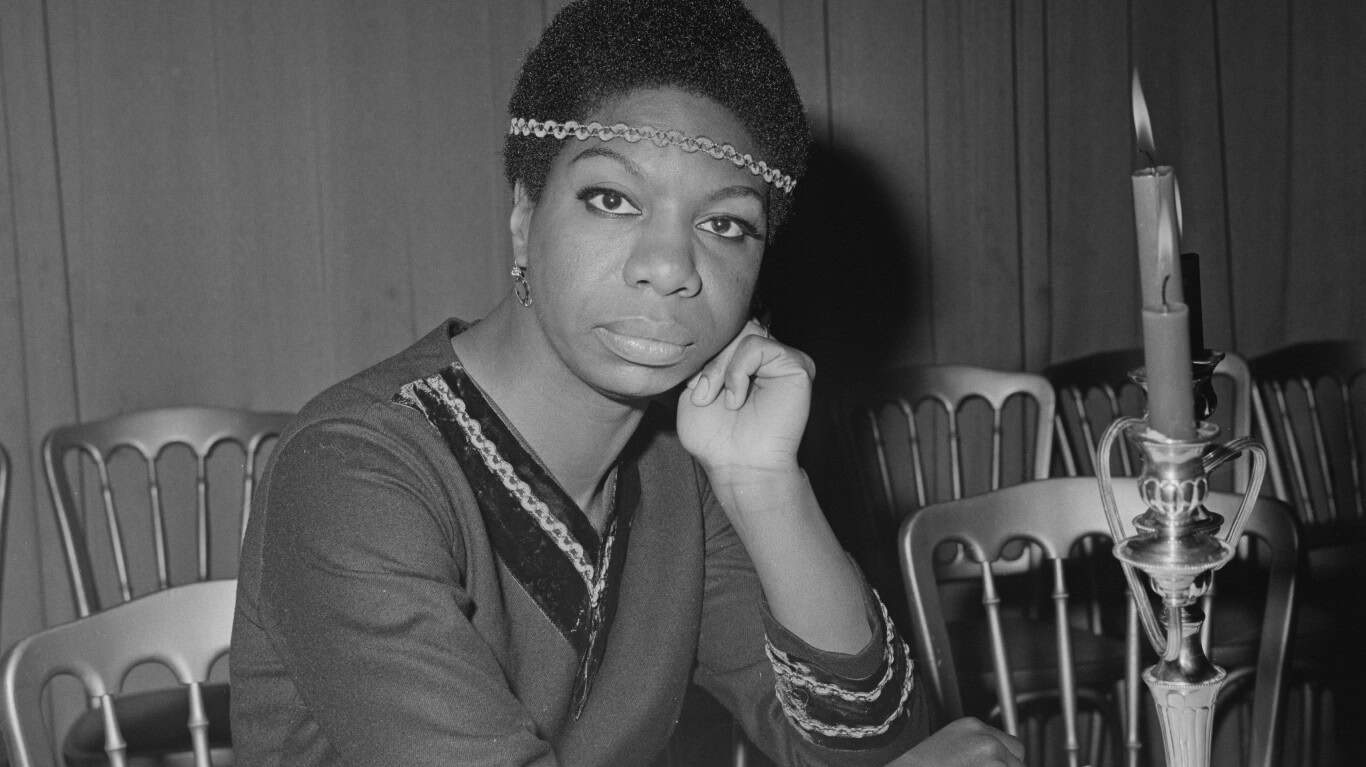
Another one of the most popular protest songs in history is “Mississippi Goddam” by Nina Simone. She wrote it in response to the various atrocities committed against African Americans in the civil rights movement. These included the murder of Emmett Till and the bombing of 16th Street Baptist in Birmingham, Alabama. Like a proper protest song, however, it did not win the hearts and minds of Southern listeners.
Though her record company Phillips released it as a single country-wide, the backlash was swift across the board. Not only did several Southern states ban it, but various radio DJs returned copies of the single purposefully broken in half. While Nina Simone claimed her career faltered because of “Mississippi Goddam,” it remains one of the most important, fiery, and surprisingly tuneful protest songs ever released.
Buffalo Springfield – For What It’s Worth
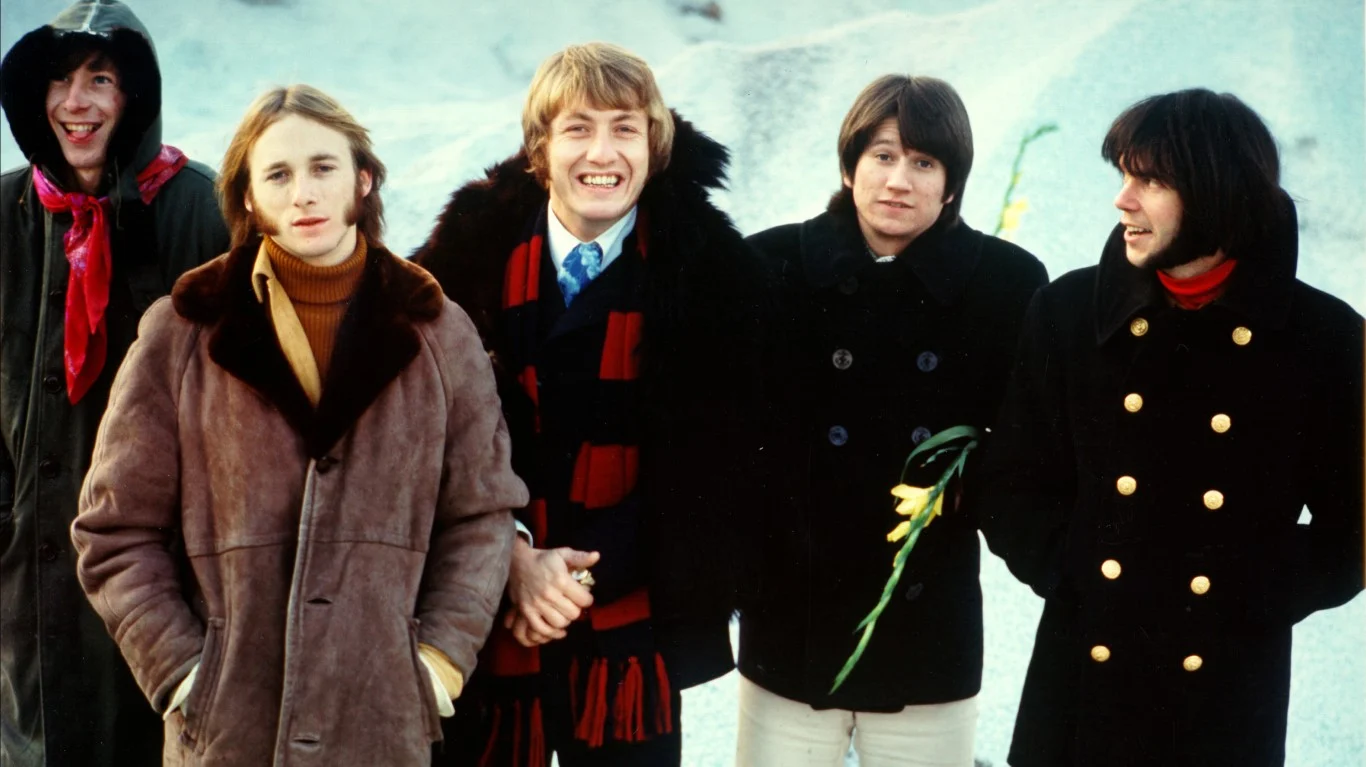
Another one of the most popular protest songs in history is “For What It’s Worth” by Buffalo Springfield. In 1966, the Sunset Strip became the most happening music spot in all of Los Angeles. Buffalo Springfield played as the house band for Whiskey a Go Go, a club on the strip. After police imposed a 10 pm curfew, however, tension erupted.
What followed was months of nightly rioting, destruction of property, and overall violence permeating the air. In response, Stephen Stills of Buffalo Springfield penned “For What It’s Worth.” Though the song focused on a very specific moment on a single street, it aimed higher, capturing the transition of American society from the straight-laced 50s into the transcendental, perspective-shifting late 1960s. As such, it remains one of the most popular protest songs ever written.
James Brown – Say It Loud – I’m Black And I’m Proud
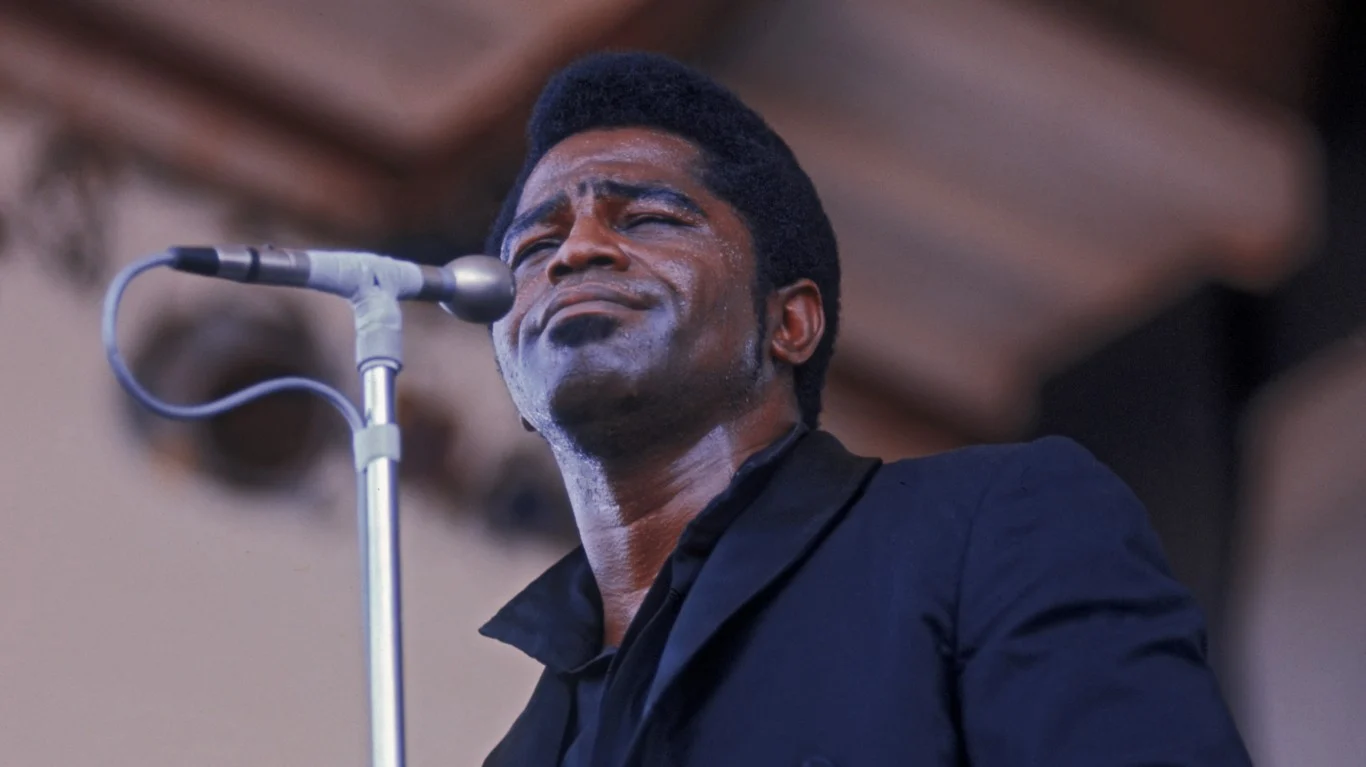
Much like Sam Cooke, James Brown made impressive inroads into the music industry as an African-American without commenting on the civil rights movement happening at the time. All that changed, however, after Brown released “Say It Loud – I’m Black And I’m Proud” in 1966.
Hitherto, the civil rights movement preached a yearning for equality between black and white people. James Brown, however, made the radical shift of perspective to one of defiance, unembarrassed by his skin or his social standing. Given his track record for catchy songs, “Say It Loud – I’m Black And I’m Proud” became a sensation. It established a blueprint for the later funk genre and went on to reach number 10 on the Billboard Charts thanks to its dancefloor-ready appeal and unapologetic perspective.
Creedence Clearwater Revival – Fortunate Son
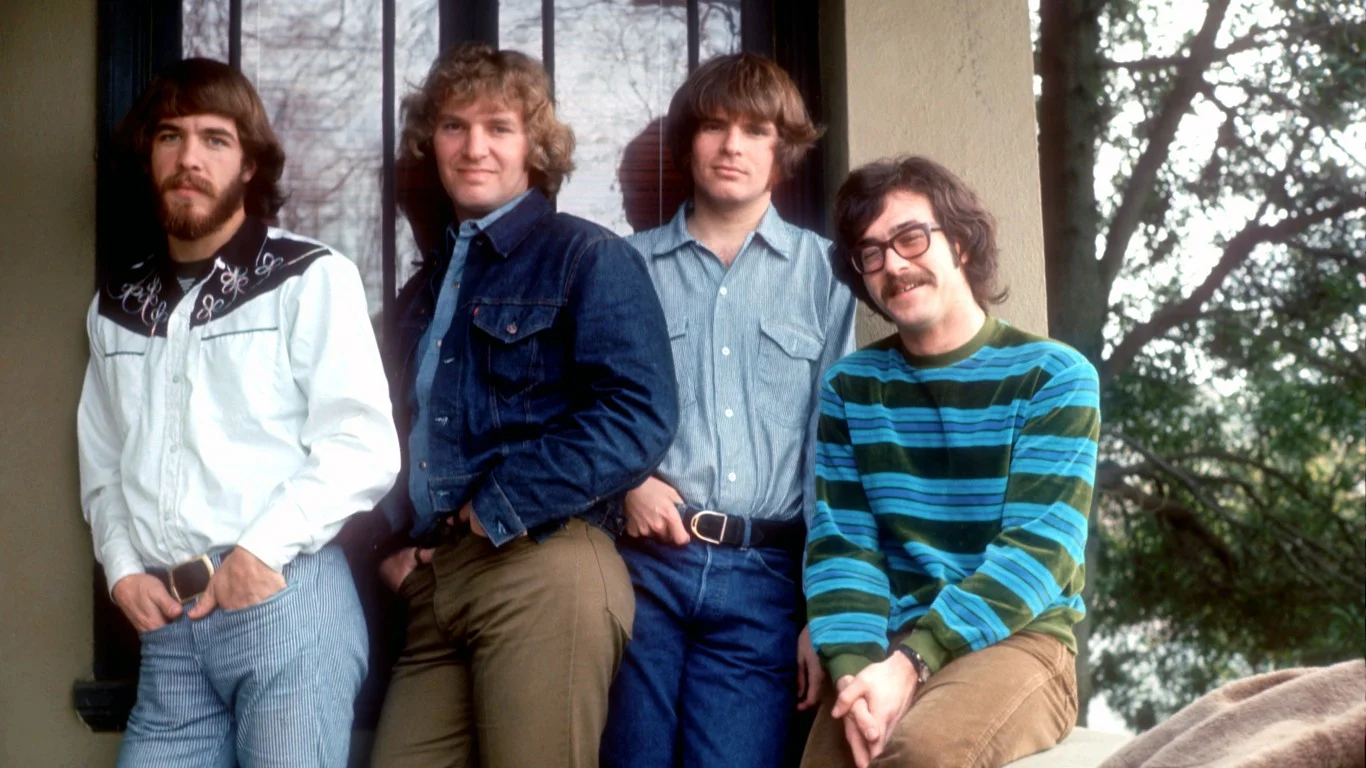
Another one of the most popular protest songs in history is “Fortunate Son” by Creedence Clearwater Revival. Penned by lead singer John Fogerty in 1969 as a response to the Vietnam War, it lambasted the class structure of the military draft. Furthermore, it illustrated the seemingly timeless inequality between the rich, powerful men who pushed for war and the poor, disenfranchised men forced to fight them.
In an ironic twist, however, the public perception of “Fortunate Son” seemed to shift over the ensuing decades. Though it called out the rampant “Rules for thee, but not for me” approach of the American political power structure, “Fortunate Son” later became a staple of car commercials and even rallies for presidential candidates. This caused John Fogerty to become both bewildered and angry with the transformation of “Fortunate Son” from a radical protest against the way we fight wars to another song in the patriotic playbook.
Crosby, Stills, Nash & Young – Ohio
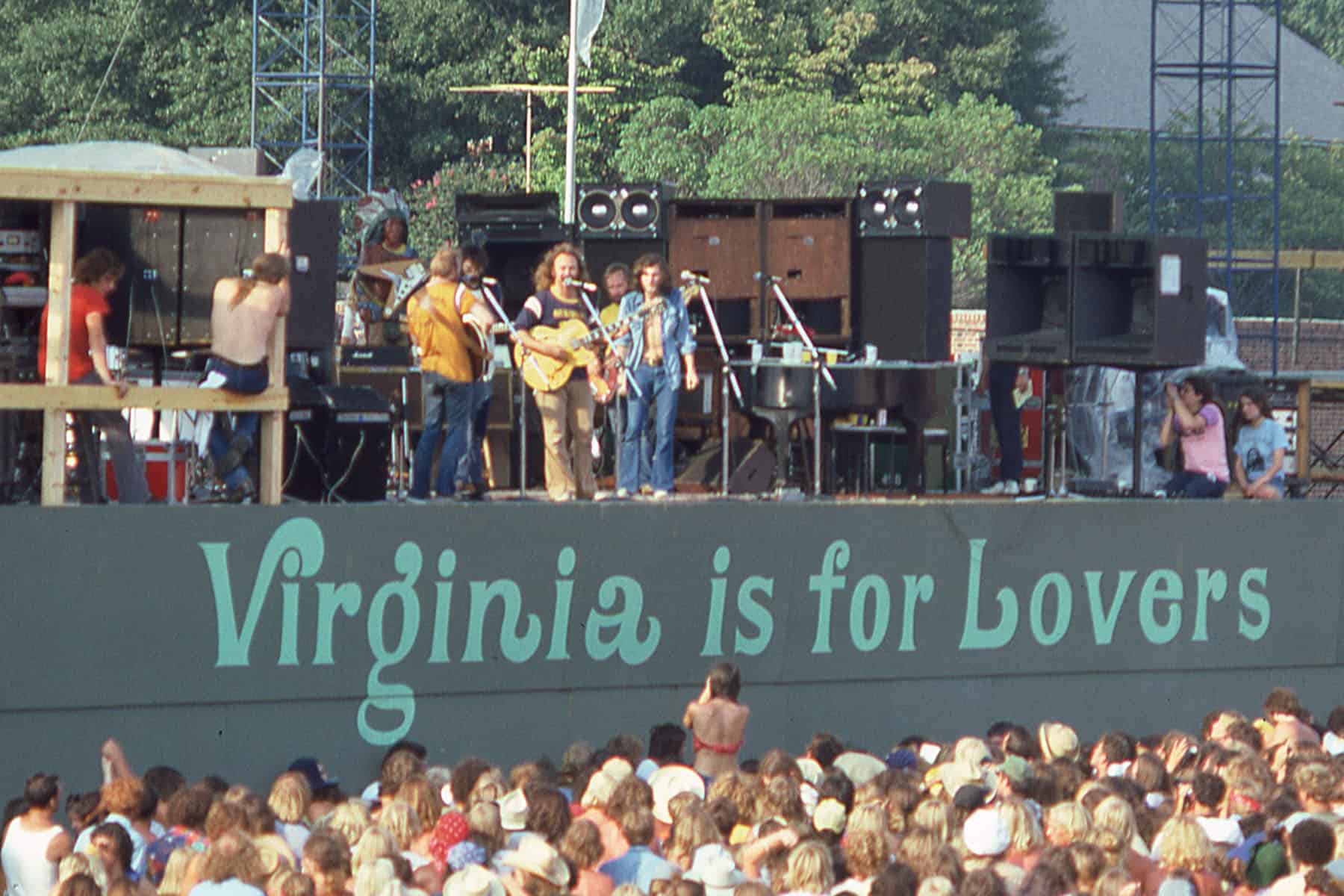
While the Ohio National Guard opened fire on Vietnam War protesters at Kent State University in Ohio, on May 4, 1970, student John Filo photographed the tragic, grizzly scene. After Life magazine published his photo, the world erupted in backlash to the overreach of the Government regarding the rights of assembly for its citizens.
One of those people was Neil Young, guitarist and co-singer for the band Crosby, Stills, Nash & Young. After seeing the photo, he wrote “Ohio,” decrying the violence against protesters and the overall public displeasure with the Vietnam War. Crystallized by jangly, angry guitar riffs and centered by the howling cries of Neil Young and David Crosby, “Ohio” feels powerful. Like the best protest songs, it captured not only its specific moment but served as a later template for countless moments of anger and protest in history.
Gil Scott-Heron – The Revolution Will Not Be Televised

When Gil Scott-Heron penned “The Revolution Will Not Be Televised” in 1971, he did so in response to what he saw as the sinister shallowness of television media, political theatre, and the American culture at large. Opening with a bumping, groovy bass riff and a mellifluous, almost bird-like jazz flute, the song rapid fire lambasts the state of culture, throwing shots at everyone from Steve McQueen to Spiro Agnew.
An homage to both protest songs from years past and the Jazz and beat poets of previous decades, the song scathingly criticizes all the aspects of popular culture that seek to keep people from understanding injustice. No doubt a great, impassioned protest song, it also serves as one of the early inspirations for rap and hip-hop, thanks to Gil Scott-Heron’s spoken word delivery and litany of protest lines.
Marvin Gaye – What’s Going On
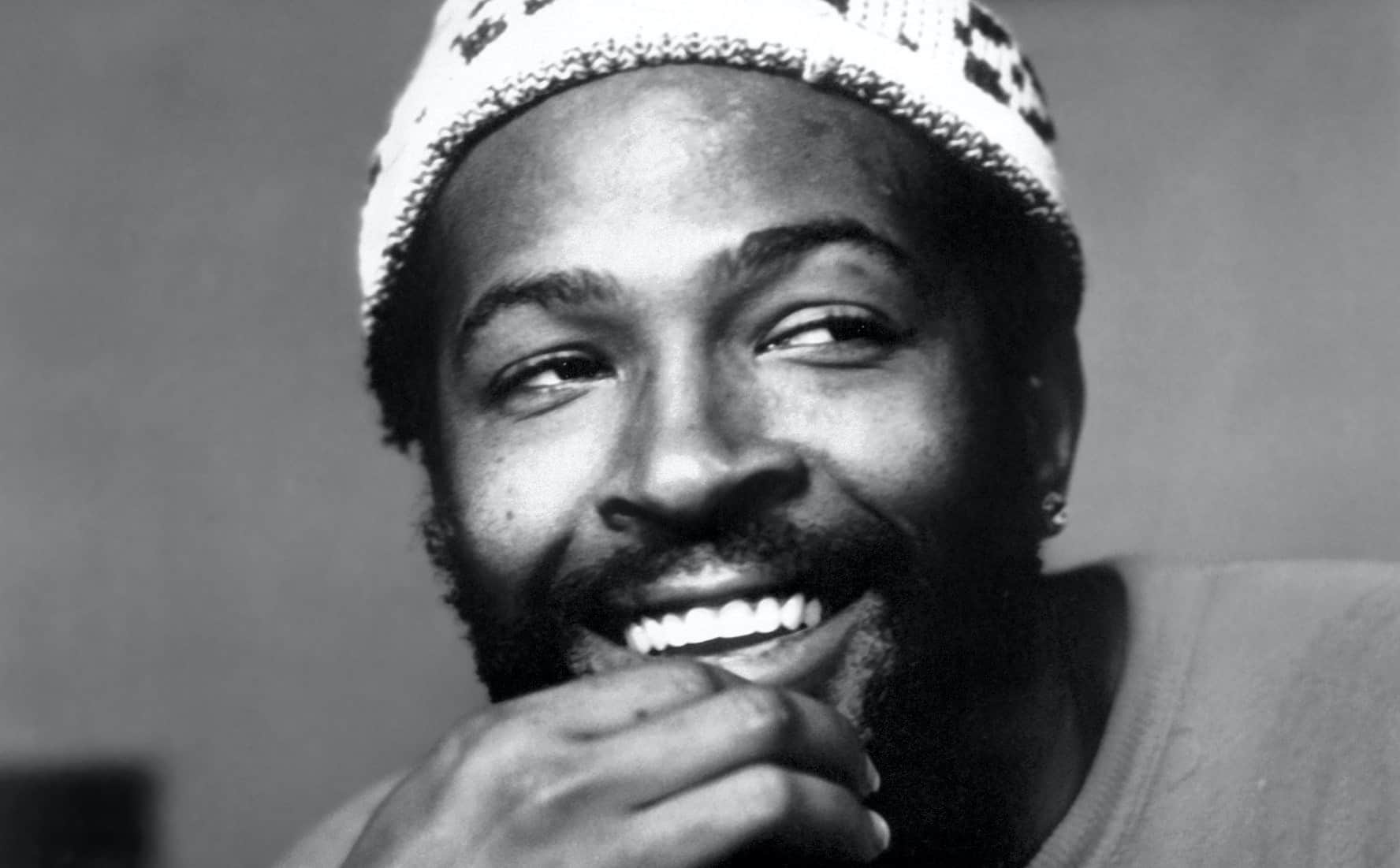
Another one of the most popular protest songs in history is “What’s Going On” by Marvin Gaye. While most protest songs express feelings of anger and rebellion using fiery rhetoric, Marvin Gaye took a different approach for his classic number. The song, however, originally came from Four Tops member Ollie Benson after he witnessed an incident of police brutality against anti-war protesters in Berkeley, California. After he and Motown staffer Al Cleveland wrote the song, Marvin Gaye took a swing at it.
While Gaye kept the illustrations of brutality and protests in the song, he transformed the meaning from one of anger to one of healing. This is especially evident in lines like “We don’t need to escalate/You see, war is not the answer/For only love can conquer hate.” Gaye, himself, said he recorded it for humanity at large, hoping to restore a sense of peace and love to the embroiled American streets. Whatever the effect of “What’s Going On,” it remains a powerful, compassionate protest against the injustices of the world.
The Specials – Free Nelson Mandela
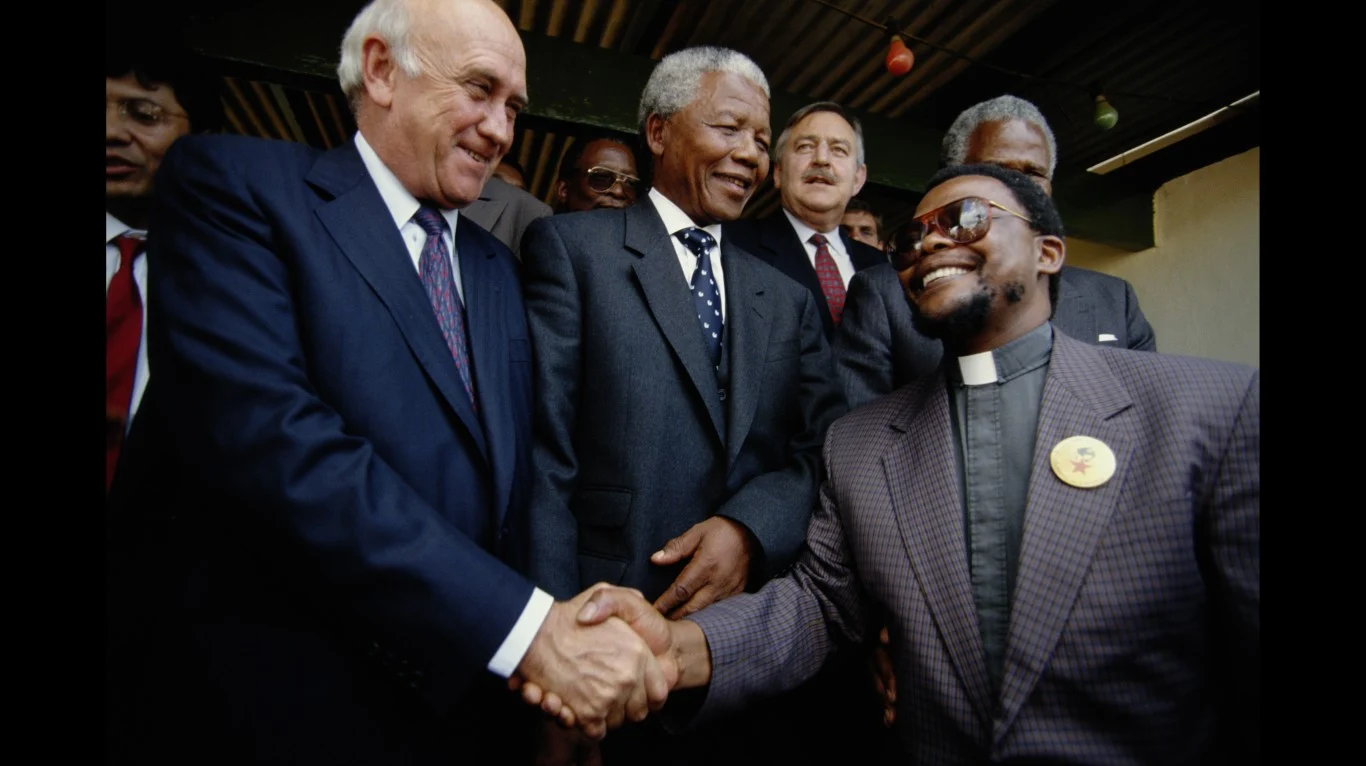
Another one of the most popular protest songs in history is “Free Nelson Mandela” by The Specials. Compared to other protest songs, this one might be the most upbeat and groovy musically. Its lyrics, however, speak a far different story. When Jerry Dammers wrote the song, he intended to raise awareness for Nelson Mandela who had sat in prison for nearly 20 years.
Though exuberant, upbeat, and made for the dancehall with its jittery ska rhythms, “Free Nelson Mandela” quickly became the unofficial song of the Anti-Apartheid movement. This helped it reach an impressive No.6 on the United Kingdom music charts. When South Africa finally released Mandela from prison in 1990, the song returned to the mainstream and played at rallies and demonstrations for the political leader.
Bruce Springsteen – Born In The USA
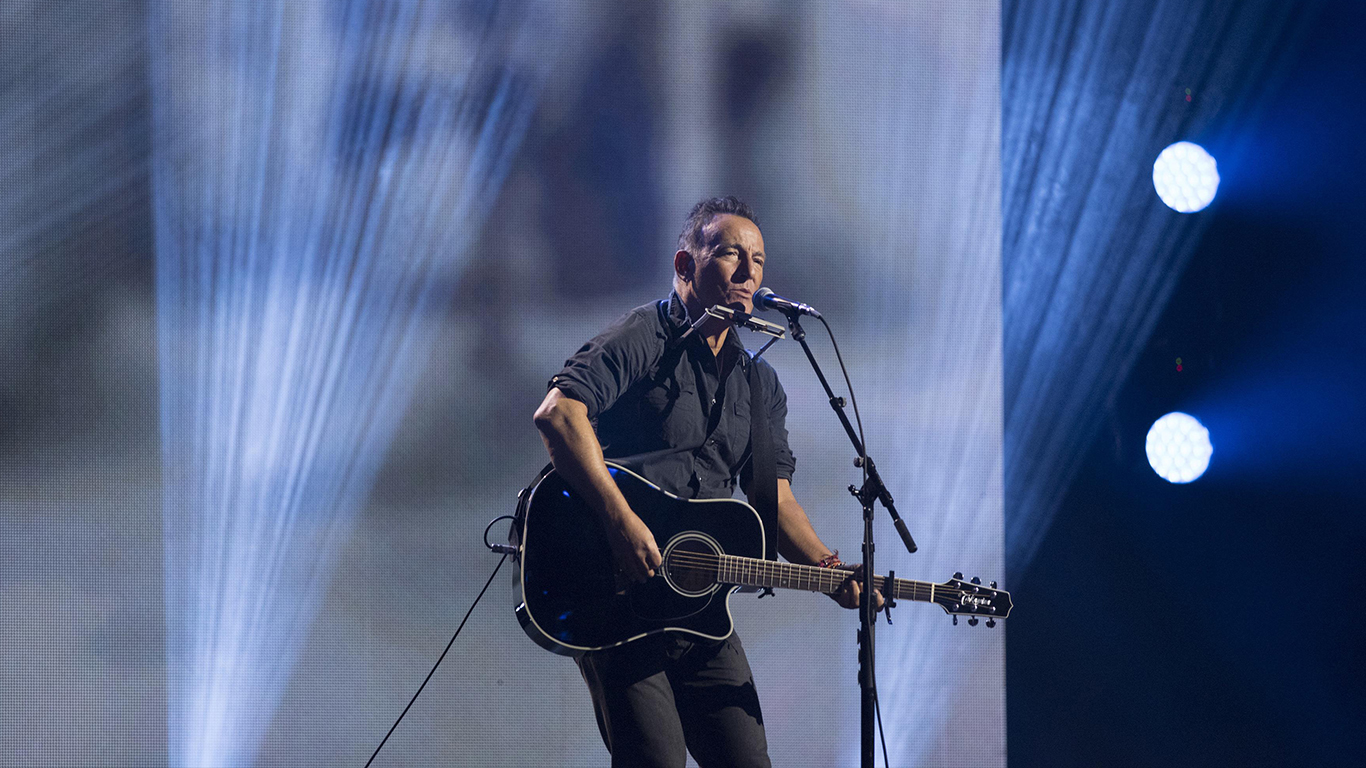
Another one of the most popular protest songs in history is “Born In The USA” by Bruce Springsteen. Though it and its album by the same name helped catapult Bruce Springsteen to superstardom, the song subtlety protests the treatment of veterans. It tells the story of a Vietnam veteran who has returned home to find a civilian life that’s hard to adjust to as well as a depressing lack of government support.
With a superficial listen, the song sounds like one of patriotic excellence and victory. It features subtle synthesizer chords and distinct, striking drums that propel the energy of the song to heights normally reserved for patriotism. Upon closer listening, however, the song lambasts the treatment of veterans and the lack of support for them when they return home. Its triumphant sound, however, serves as a tactical protest, allowing the song to reach more ears than it ever would if it was a straight, grim protest song.
(For other patriotic anthems, discover the stories behind America’s most iconic patriotic melodies.)
Public Enemy – Fight The Power
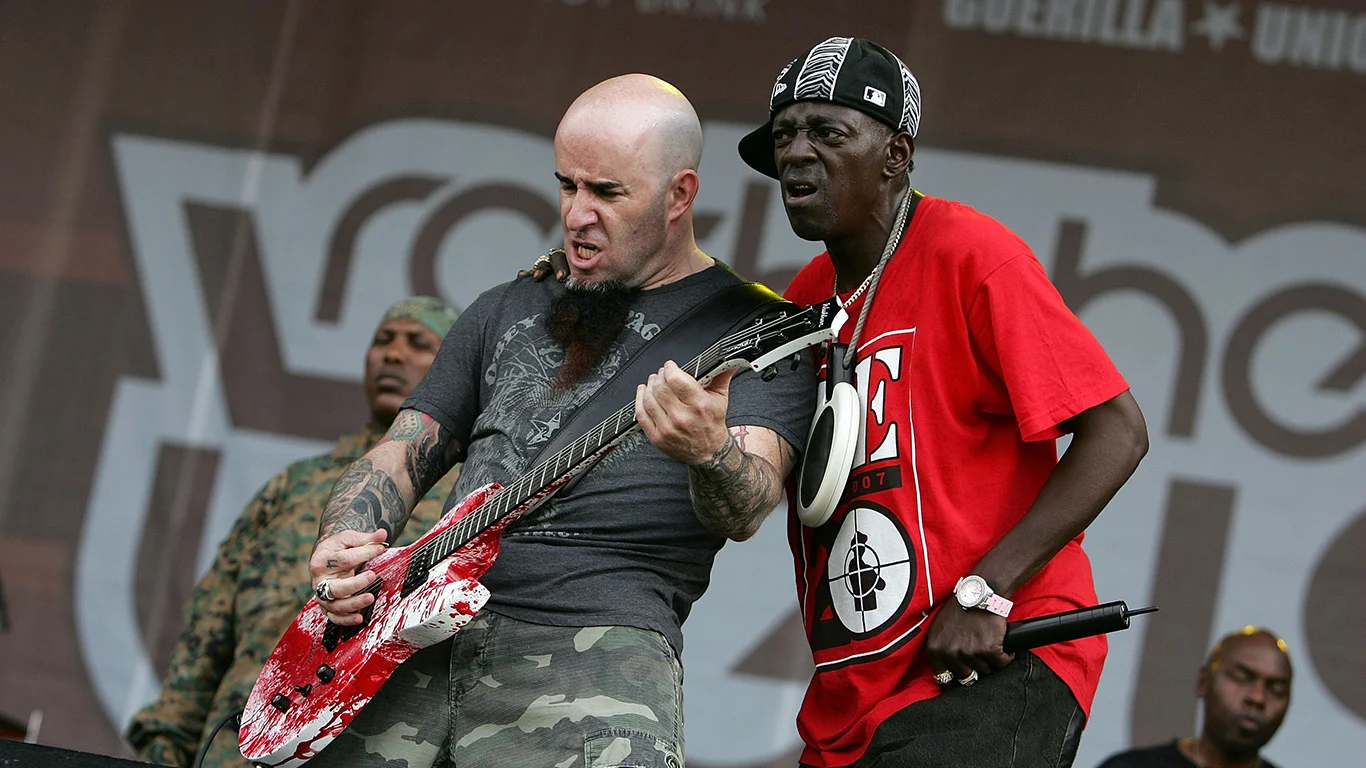
Another one of the most popular protest songs in history is, no doubt, “Fight The Power” by Public Enemy. Unlike the previous entry on this list, “Fight the Power” pulls no punches or slyly inserts deceptive protests. Public Enemy gets right in your face, using the siren-call-like beat to energize words of disillusionment, anger, and protest against a system that continually keeps African Americans down.
According to music lore, Spike Lee asked Public Enemy to write a song for his widely-anticipated racial struggle movie “Do the Right Thing.” Though he asked them to write a hip-hop version of the spiritual song “Lift Every Voice And Sing,” Public Enemy had different ideas. They wanted to reach people on a street level, and it worked. Even today, member Chuck D acknowledges the importance of “Fight The Power” in capturing the endless struggles African Americans face in the United States.
Bright Eyes – When the President Talks to God
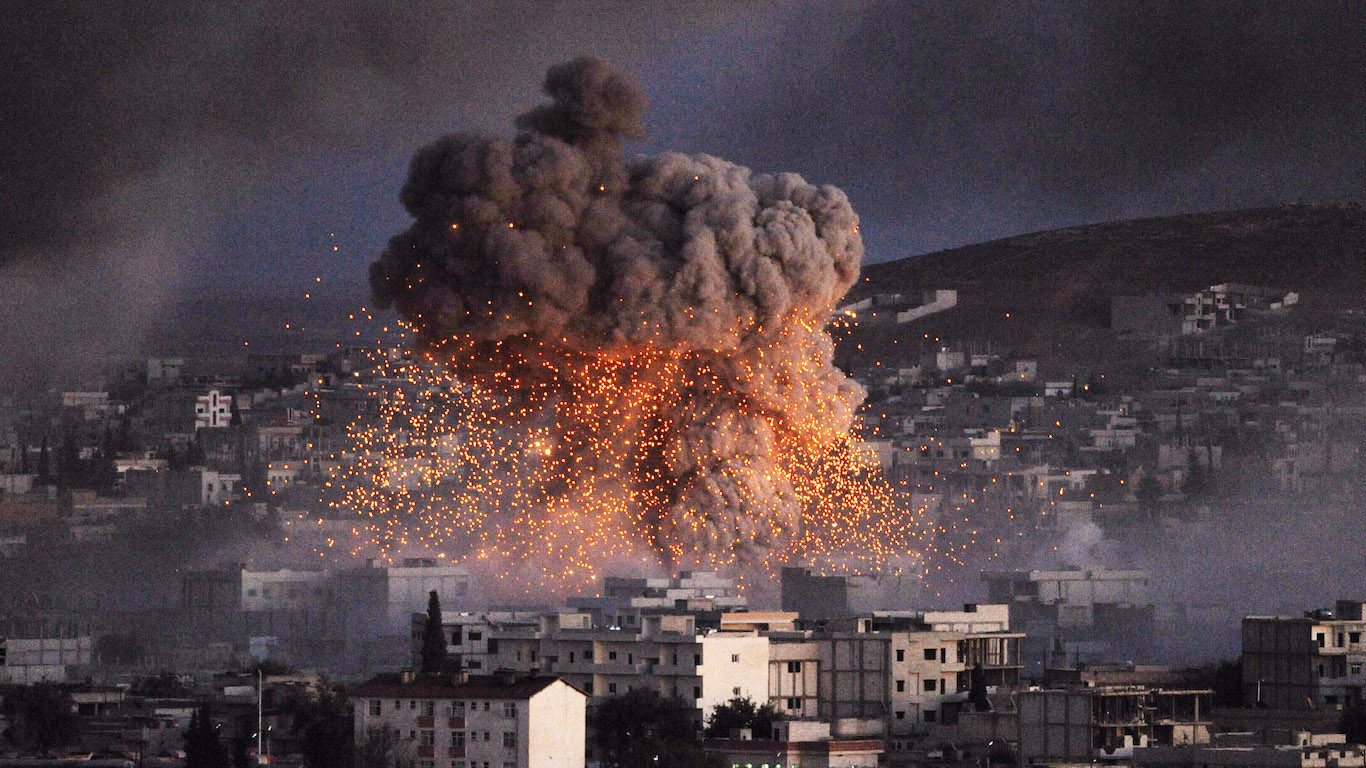
SANLIURFA, TURKEY - OCTOBER 20: An explosion rocks Syrian city of Kobane during an suicide car bomb attack by the militants of Islamic State group to the People's Protection Unit (YPG) fighters take positions in the city center of Kobani, as seen from the outskirts of Suruc, on the Turkey-Syria border, October 20, 2014. According to Foreign Minister Mevlut Cavusoglu, Turkey will reportedly allow Iraqi Kurdish fighters to cross the Syrian border to fight Islamic State (IS) militants in the Syrian city of Kobane while the United States has sent planes to drop weapons, ammunition and medical supplies to Syrian Kurdish fighters around Kobane. (Photo by Gokhan Sahin/Getty Images)
Though Bright Eyes singer Conor Oberst just released one of the most popular indie albums of the last few decades, that didn’t stop him from following up with one of the most scathing, venomous protest songs ever released. Titled “When the President Talks to God,” the song explores the perspective of the president conferring with God and getting approval for various war crimes and other malfeasances.
Written, sung, and played with a sardonic, violent, angry air, the song remains one of the few protest songs from the period that still hits just as hard today. Though Oberst played the song on “The Tonight Show with Jay Leno,” it still received backlash. Most notably, the iTunes store released it as a free download in late 2006 before inexplicably deleting it from the service. Though largely forgotten by mass audiences, it remains the popular protest song about the Iraq War.
Kendrick Lamar – Alright

When Kendrick Lamar’s much-acclaimed album “To Pimp A Butterfly” saw release in March 2015, civil unrest had spread throughout the United States. Due to the murders of Michael Brown and 12-year-old Tamir Rice by Police, the Black Lives Matter movement gained momentum and people took to the streets to protest. “Alright” by Kendrick Lamar, expressed a message of pain, resilience, and most importantly hope.
Thanks to its grooving yet incendiary beat, multi-part harmony background vocals, and Kendrick’s impassioned illustration of a life lived on the margins, “Alright” became something of a rallying cry for not only African Americans but the disenfranchised and marginalized people at large. Video footage showing protesters chanting the chorus for the song only solidified its importance as a protest song.
(For other songs that caused backlash, explore the most controversial songs in history.)